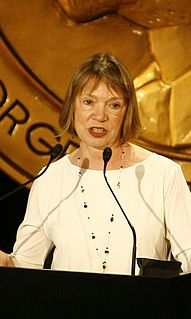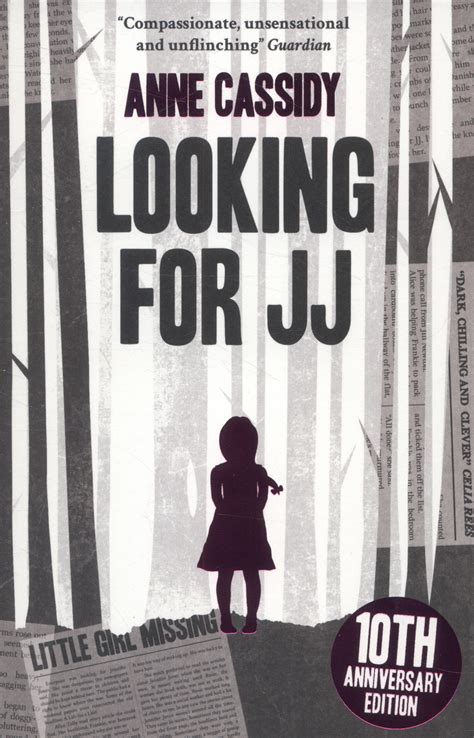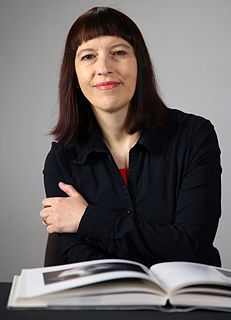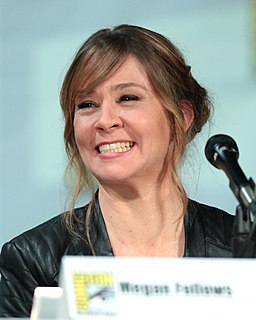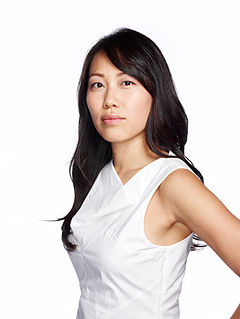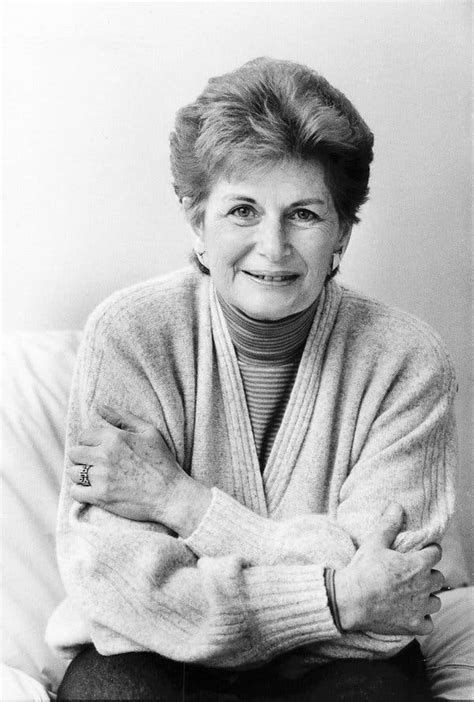A Quote by Kerry Kennedy
As mothers, women are often the first to know when the food they feed their children is tainted with pollutants or impurities, because they can see it in the tears of their children and hear it in their babies' cries.
Related Quotes
Women without children are also the best of mothers,often, with the patience,interest, and saving grace that the constant relationship with children cannot always sustain. I come to crave our talk and our daughters gain precious aunts. Women who are not mothering their own children have the clarity and focus to see deeply into the character of children webbed by family. A child is fortuante who feels witnessed as a peron,outside relationships with parents by another adult.
Given Freudian assumptions about the nature of children and the biological predestination of mothers, it is unthinkable for mothers voluntarily to leave their babies in others' care, without guilt about the baby's well-being and a sense of self-deprivation. Mothers need their babies for their own mental health, and babies need their mothers for their mental health--a reciprocal and symbiotic relationship.
Mothers and fathers act in mostly similar ways toward their young children. Psychologists are still highlighting small differencesrather than the overwhelming similarities in parents' behaviors. I think this is a hangover from the 1950s re-emergence of father as a parent. He has to be special. The best summary of the evidence on mothers and fathers with their babies is that young children of both sexes, in most circumstances, like both parents equally well. Fathers, like mothers, are good parents first and gender representatives second.
Here's the progression. Feminism won; you can have it all; of course you want children; mothers are better at raising children than fathers; of course your children come first; of course you come last; today's children need constant attention, cultivation, and adoration, or they'll become failures and hate you forever; you don't want to fail at that; it's easier for mothers to abandon their work and their dreams than for fathers; you don't want it all anymore (which is good because you can't have it all); who cares about equality, you're too tired; and whoops--here we are in 1954.
I have two children myself. I always laugh; they have you playing mothers pretty early, us women. You look at the television, the mothers get younger and younger, and the children get older and older, and you start to wonder when these people had these children. Were they breeding when they were 12?
Yesterday I saw a child wearing a T-shirt that said, "If you love me, don't feed me junk food." I was delighted to see this, but I also know how difficult it can be to feed our children well, particularly when the foods that are most convenient and the most heavily advertised are often the ones we should avoid. Joel Fuhrman's new book is a blessing, because it makes it so much easier. It is excellent, and full of clarity, wisdom, and guidance you can trust. It can indeed give you the power to shape your child's health destiny - John Robbins
Contrary to all we hear about women and their empty-nest problem, it may be fathers more often than mothers who are pained by thechildren's imminent or actual departure--fathers who want to hold back the clock, to keep the children in the home for just a little longer. Repeatedly women compare their own relief to their husband's distress






